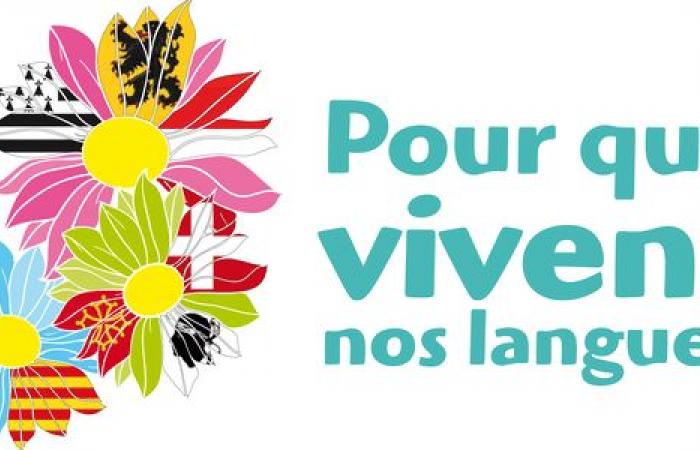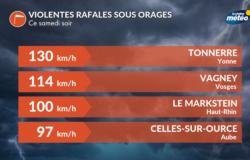
During the municipal council meeting of June 24, 2024, the City of Rennes reaffirmed its commitment to multilingualism by adopting new directions for its 2024-2034 Language Policy Plan. This decision marks an important step in the recognition and promotion of languages spoken in Rennes, including regional languages such as Breton and Gallo. However, the implementation of this plan raises questions of cohesion, in particular concerning the place of the Breton and Welsh languages in relation to foreign languages.
A strong commitment to Breton and Gallo
Rennes has a long tradition of supporting Breton, illustrated by the establishment of bilingual streams in the 1980s and the signing of the Ya d’Ar Brezhoneg charter with the Public Office of the Breton Language in 2022. The new plan reaffirms this commitment by promoting the teaching of Breton to increase the number of Brittophones and by supporting initiatives aimed at transmitting Gallo.
The city currently has 821 students enrolled in French-Breton bilingual classes, spread over ten primary school sites and three secondary schools. Rennes intends to strengthen this dynamic by opening new bilingual classes and developing an environment favorable to learning Breton. This includes after-school activities, artistic and cultural education programs, and a mediation offer in the Breton language in local museums and libraries.
Recognition of foreign languages on the same level, which raises questions
The local educational project and the 2017 anti-discrimination plan already intended to recognize the equal dignity of cultures and languages spoken in the territory, in particular through the annual “Rennes au plural” event. The metropolis wants to go even further, to the point that we wonder if, with the help of demographics (there are technically more daily speakers of foreign languages than Breton or Gallo in Rennes), foreign languages will not end up on the same plan as the two languages of Brittany.
However, by placing them on the same level as foreign languages, there is a risk of dilution of their specificity and their priority as regional languages. The question arises as to whether this equal treatment could harm the preservation and transmission of these languages, even though they are recognized as intangible cultural heritage.
The decision of the City of Rennes to promote multilingualism is an interesting step if it aims to encourage the development and especially the use of Breton and Gallo. However, it is crucial to ensure that the Breton and Welsh languages are not placed on the same level as foreign languages, which would ultimately mean that a form of linguistic replacement is currently at work in the administrative capital of Brittany.
Photo credit: DR
[cc] Breizh-info.com, 2024, dispatches free to copy and distribute subject to mention and link to the original source





